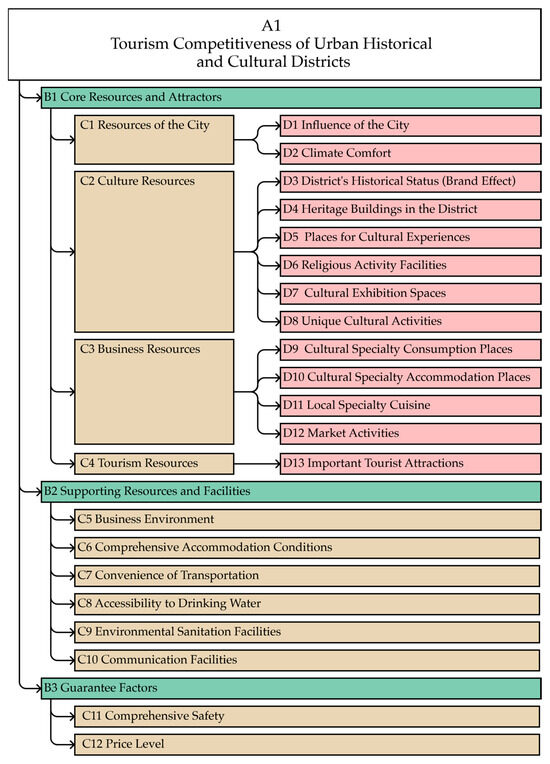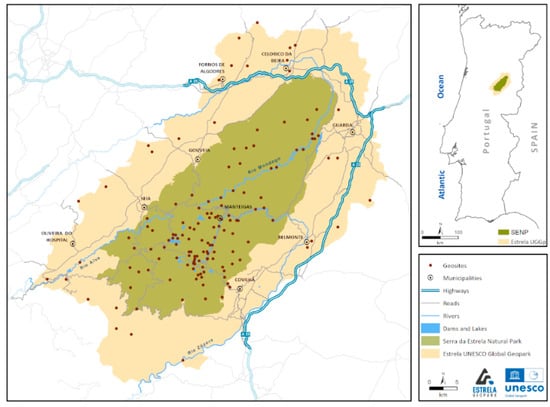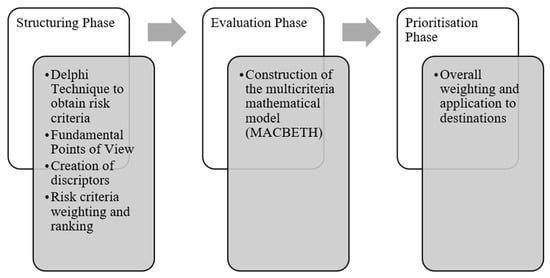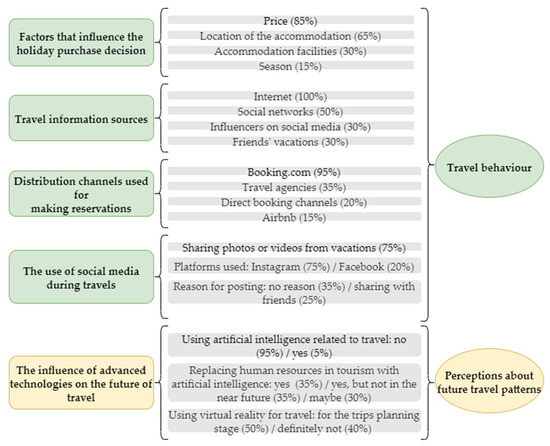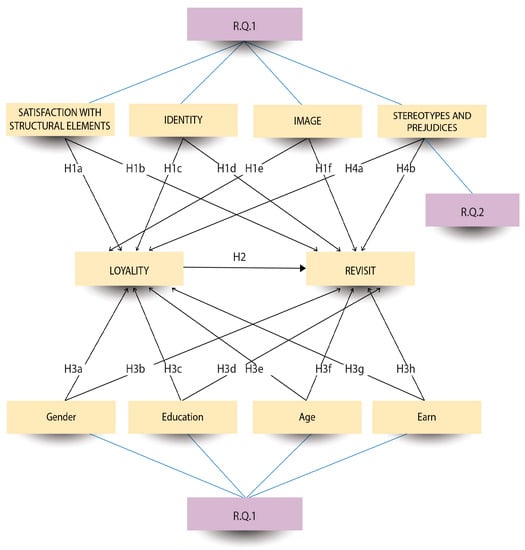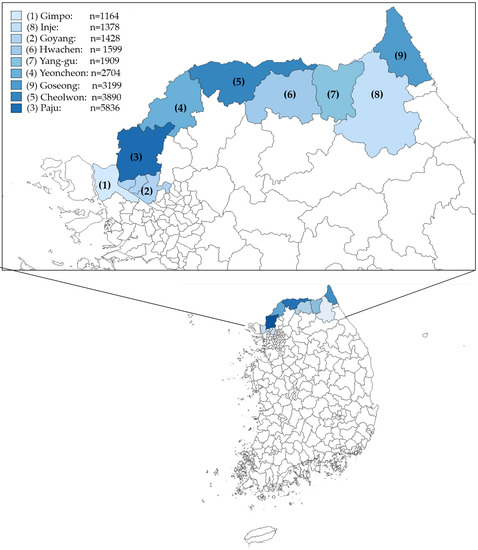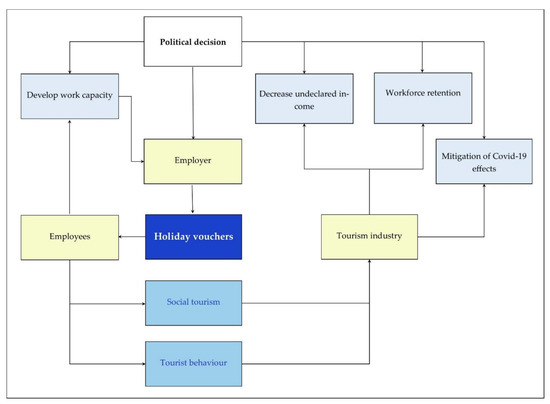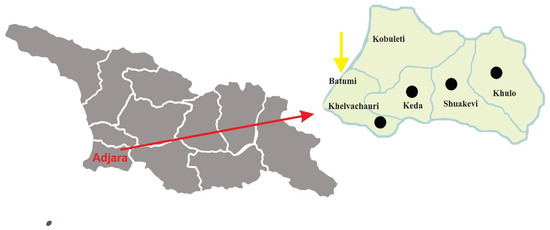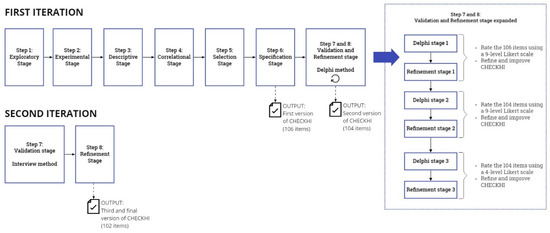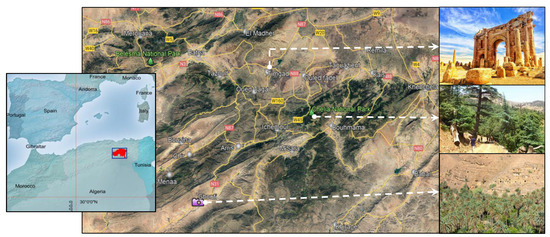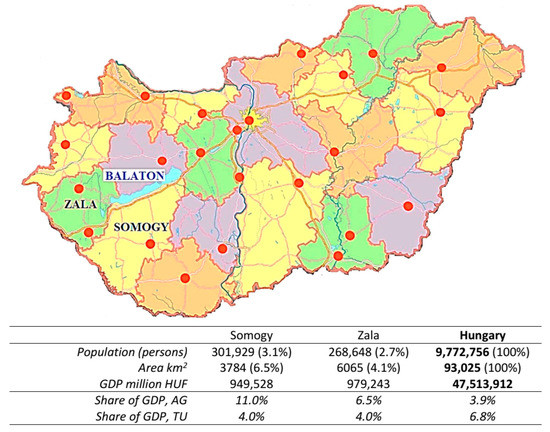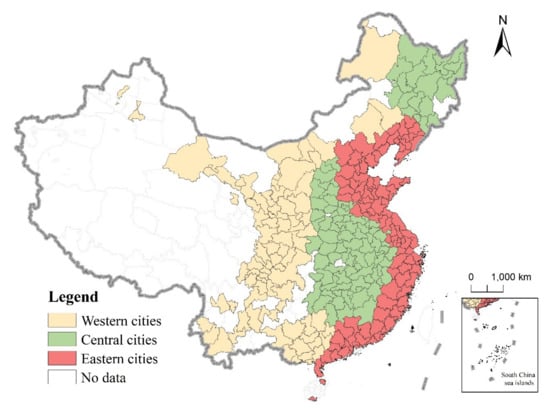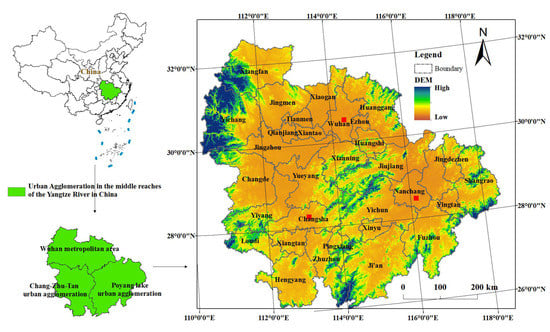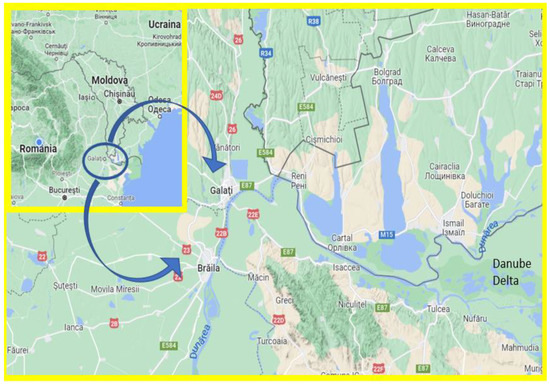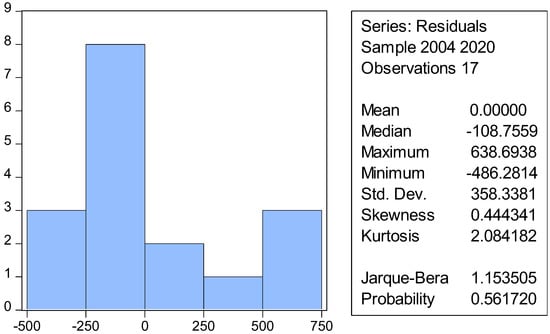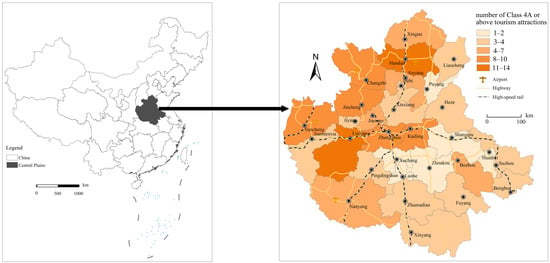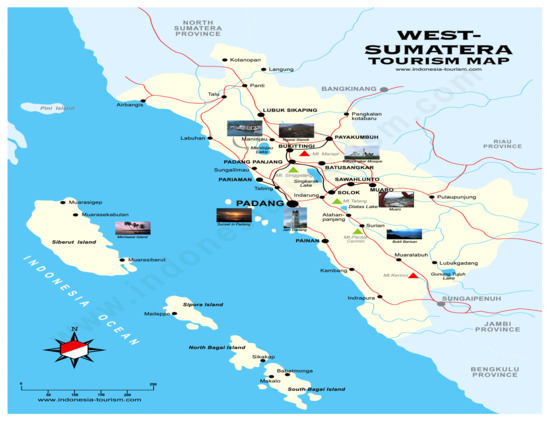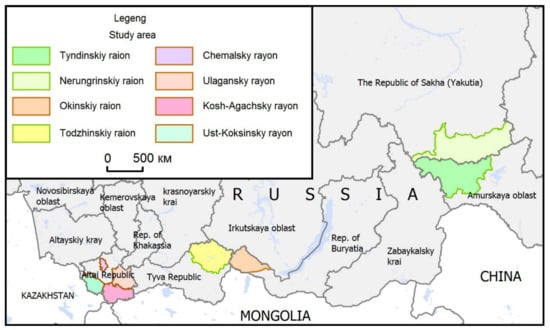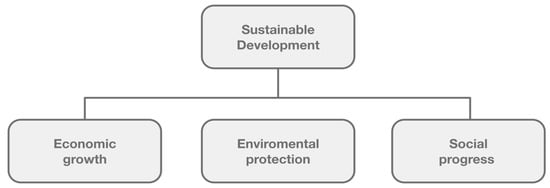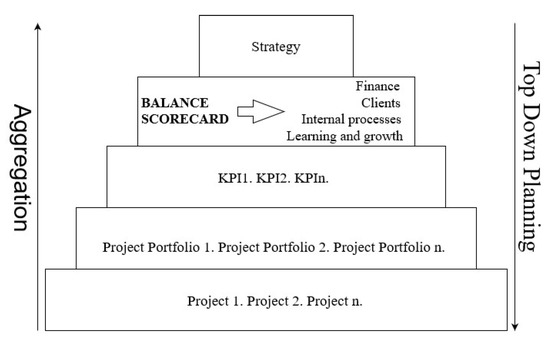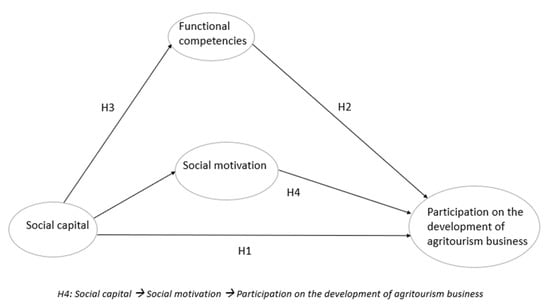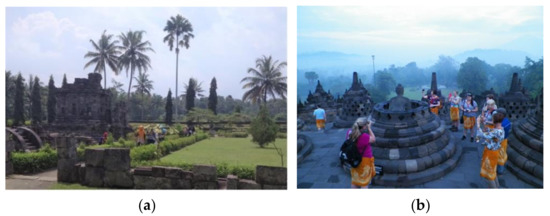Tourism Research and Regional Sciences
A topical collection in Sustainability (ISSN 2071-1050). This collection belongs to the section "Tourism, Culture, and Heritage".
Viewed by 169651Editors
Interests: tourism; hospitality; geography; earth sciences; economics; environmentalism; regional studies and sciences; sustainable development; circlular economy; bioeconomy multi-, trans- and interdisciplinary fields
Special Issues, Collections and Topics in MDPI journals
Interests: agricultural economics; household economics; tourism development; rural tourism; regional studies; innovation international studies
Interests: tourism development; rural tourism; tourism planning; tourism marketing; sustainable tourism; eco-tourism; community-based tourism
Topical Collection Information
Dear Colleagues,
Despite its dynamic and volatile context, tourism is of extreme significance in society today (UNWTO, 2020). It plays a crucial role in job creation, export revenue, and domestic value added. It also directly contributes, on average, 4.4% of GDP, 6.9% of employment, and 21.5% of service-related exports to OECD countries (OECD, 2020). Thus, tourism affects both the environment and local communities. High growth transcends geographic and demographic boundaries, penetrates regional borders, and has various socioeconomic and environmental impacts as tourism activities rise (Figueroa and Rotarou, 2016; UNWTO, 2007).
This strong push for tourism activities based on economic interests highlights the pros and cons and different understandings of its role by the public, visitors, and policymakers (Aranburu et al., 2016; Jin et al., 2016). These varied views can become the source of interesting studies and debates to find the best way to use tourism as a driver of prosperity and to reduce poverty (Junaid et al., 2020; Yergeau, 2020).
This is even more pertinent with the emergence of advances in information technology and the way they are affecting tourism activities. Today, few people need the presence of physical travel agent offices due to the abundance of online travel companies using the development and innovation of ICT. Technology innovations cause inevitable changes in the behavior of both tourism businesses and tourists in certain tourist destination areas or new destinations and disrupt the tourism industry (Buhalis, 2019).
Researchers and academics are invited to share their thoughts and experiences in this Special Issue on the phenomenon of these tourism activities. The scope includes tourism policies and events with analytical approaches to tourism, specifically urban, rural, or spatial.
Our aim is for scientific findings to guide us in identifying solutions to urgent tourism and regional issues. Some of the topics of interest include location theory and spatial economics, location modeling, transportation, migration analysis, land use and urban development, interindustry analysis, environmental and ecological analysis, resource management, urban and regional policy analysis, geographical information systems, and spatial data analysis, as long as related to tourism activities.
We look forward to receiving articles on any topic related to tourism research and regional sciences. There are no strict thematic restrictions, and no scientific finding too small or too big to contribute to the evolving concepts and inferences on tourism research and regional sciences. Your ideas always matter.
Prof. Dr. Lóránt Dénes Dávid
Prof. Dr. Laszlo VASA
Dr. Setiawan Priatmoko
Guest Editors
Manuscript Submission Information
Manuscripts should be submitted online at www.mdpi.com by registering and logging in to this website. Once you are registered, click here to go to the submission form. Manuscripts can be submitted until the deadline. All submissions that pass pre-check are peer-reviewed. Accepted papers will be published continuously in the journal (as soon as accepted) and will be listed together on the collection website. Research articles, review articles as well as short communications are invited. For planned papers, a title and short abstract (about 250 words) can be sent to the Editorial Office for assessment.
Submitted manuscripts should not have been published previously, nor be under consideration for publication elsewhere (except conference proceedings papers). All manuscripts are thoroughly refereed through a single-blind peer-review process. A guide for authors and other relevant information for submission of manuscripts is available on the Instructions for Authors page. Sustainability is an international peer-reviewed open access semimonthly journal published by MDPI.
Please visit the Instructions for Authors page before submitting a manuscript. The Article Processing Charge (APC) for publication in this open access journal is 2400 CHF (Swiss Francs). Submitted papers should be well formatted and use good English. Authors may use MDPI's English editing service prior to publication or during author revisions.
Keywords
- tourism development
- tourism planning
- regional studies
- spatial analysis
- consumer behaviour
- tourism marketing
- sustainable tourism
- eco-tourism
- community-based tourism
- hospitality
- geotourism
- alternative tourism










